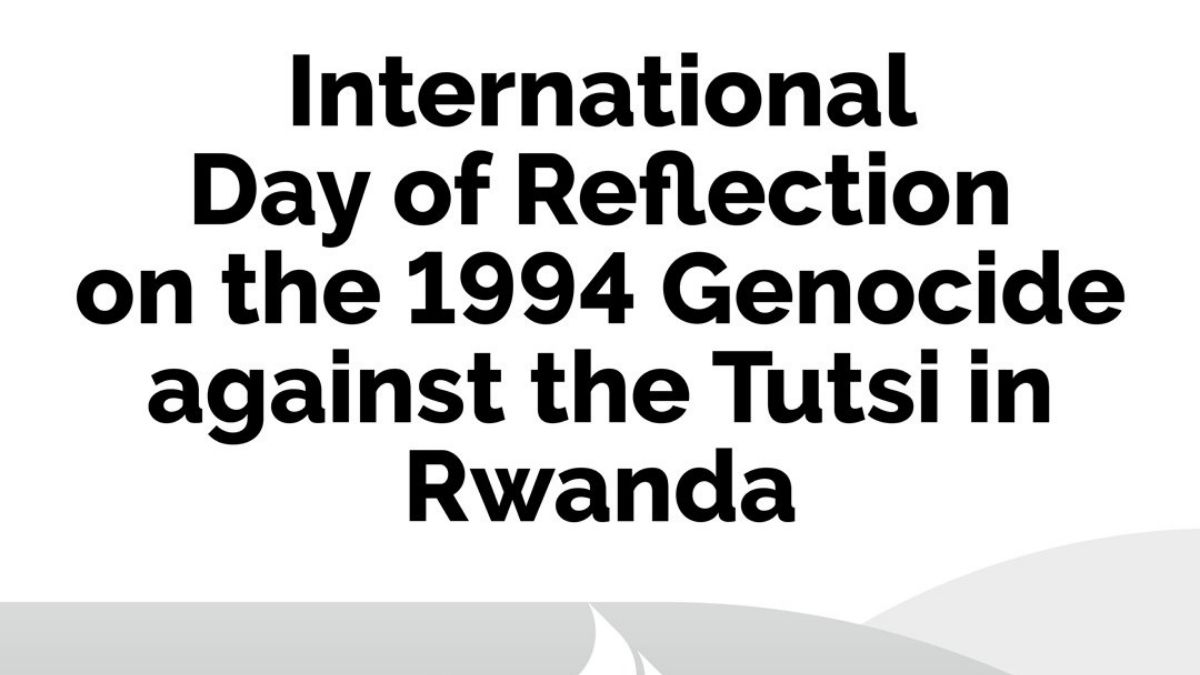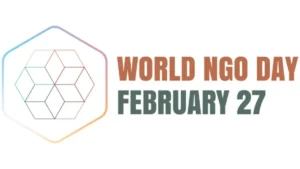The International Day of Reflection on the 1994 Genocide against the Tutsi in Rwanda is observed every year on April 7th. This day, established by the United Nations General Assembly in 2003, serves as a time to remember the victims of the genocide and reflect on the horrific events that took place in Rwanda. The genocide, which lasted for over 100 days, led to the systematic murder of more than 1 million Tutsi, along with moderate Hutu and others who opposed the violence. UNESCO plays a vital role in promoting education about genocides, aiming to prevent such atrocities in the future and raise awareness about the consequences of hatred, discrimination, and violence.
Event and its Significance
Date of Commemoration
- The International Day of Reflection is observed annually on 7th April, marking the beginning of the genocide in 1994.
UN General Assembly Resolution
- In 2003, the United Nations General Assembly established the day to honor the memory of the victims of the genocide and educate the world about the causes, events, and impact of genocides.
The 1994 Genocide
- The genocide was carried out by the extremist-led government of the Hutu majority against the Tutsi minority population in Rwanda.
- Over the span of 100 days, an estimated 1 million Tutsi were systematically murdered, alongside moderate Hutu and anyone else who opposed the massacres.
- The genocide was marked by brutal killings, sexual violence, and widespread destruction.
UNESCO’s Role
- UNESCO is committed to promoting education about genocides to raise awareness of the causes and consequences of such events.
- The organization aims to sensitize learners to the dynamics of discrimination, hatred, and violence, strengthening their resilience against these harmful ideologies.
2025 Commemoration Activities
- Ceremonial Event: A commemorative ceremony will be held on 7 April 2025, organized in partnership with the Permanent Delegation of Rwanda to UNESCO, to honor the victims and reflect on the genocide.
- Photo Exhibition: UNESCO will organize a photo exhibition to increase awareness about the genocide, highlighting the devastating impact on the Tutsi population.
- Kwibuka: Rwanda 1994 Exhibition: The exhibition created by Aegis Trust and UNESCO will be displayed on the fences at UNESCO Headquarters in Paris, from April to May 2025. It focuses on four genocide memorial sites in Rwanda with UNESCO World Heritage status, featuring personal stories and experiences from the survivors.
Educational and Awareness Initiatives
- UNESCO emphasizes the importance of education in preventing future genocides, fostering a more tolerant and peaceful world.
- The educational content aims to provide young people with a deeper understanding of genocide, its causes, and its long-term consequences on societies.
| Summary/Static | Details |
| Why in the news? | International Day of Reflection on the 1994 Genocide against the Tutsi in Rwanda |
| Date of Commemoration | April 7th (annually) |
| Establishment | Established by the United Nations General Assembly in 2003 |
| Commemoration | Purpose To remember the victims of the 1994 Genocide and educate about its causes and consequences |
| Key Event | Ceremonial Event and Photo Exhibition in partnership with the Permanent Delegation of Rwanda to UNESCO |
| Exhibition Details | Kwibuka: Rwanda 1994, featuring genocide memorial sites in Rwanda with UNESCO World Heritage status |
| Educational Objective | Promote education about genocides to prevent future violence and discrimination |
| Global Awareness | Focus Raise awareness about the genocidal events in Rwanda and promote resilience against discrimination |



 National Science Day 2026: Honouring the...
National Science Day 2026: Honouring the...
 World NGO Day 2026: Why February 27 Matt...
World NGO Day 2026: Why February 27 Matt...
 International Polar Bear Day 2026: Why P...
International Polar Bear Day 2026: Why P...








